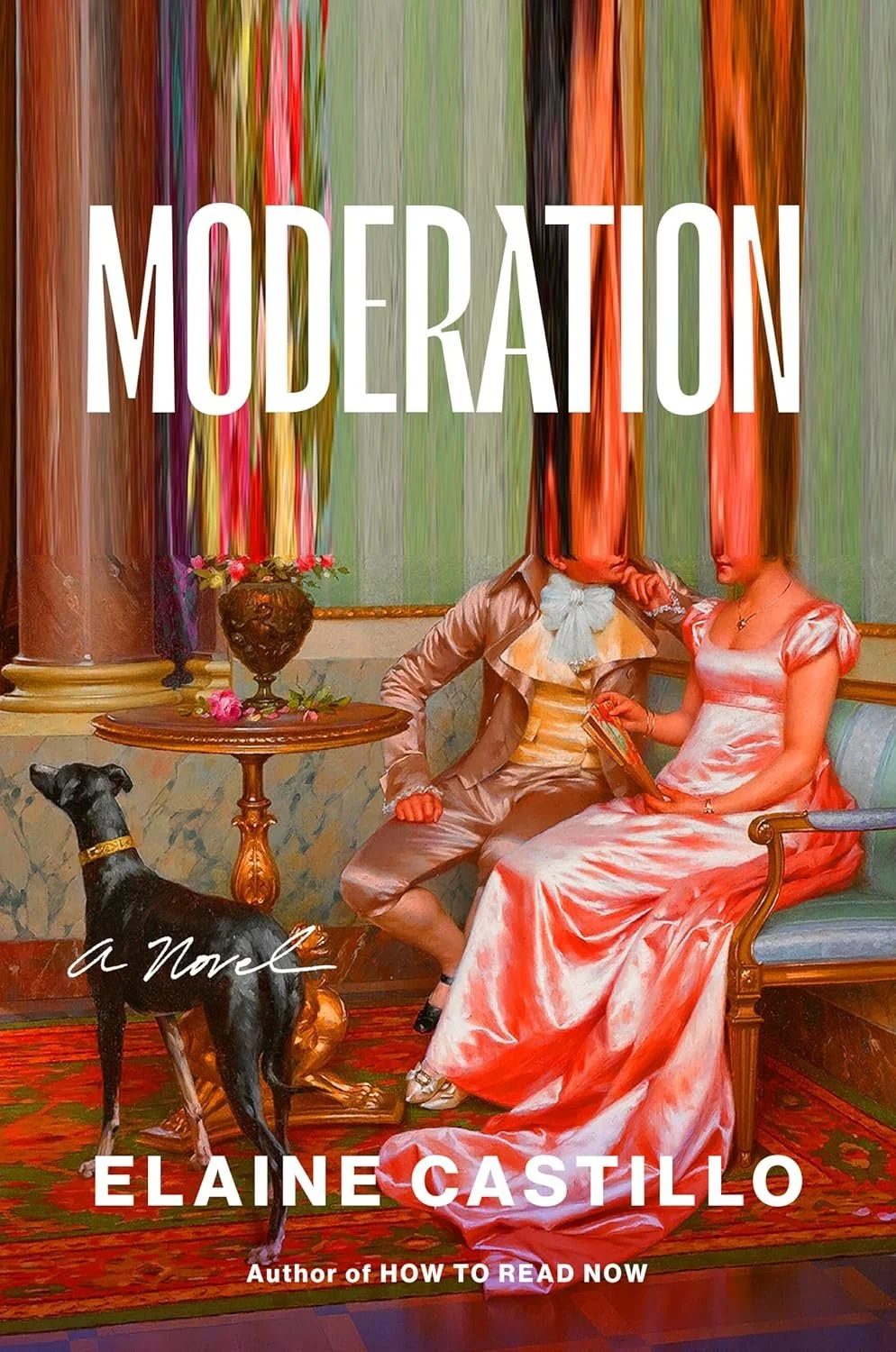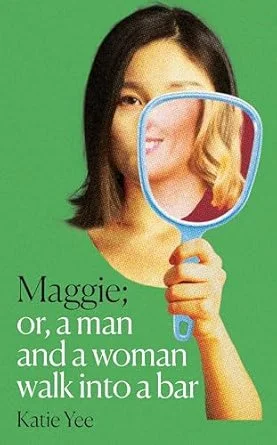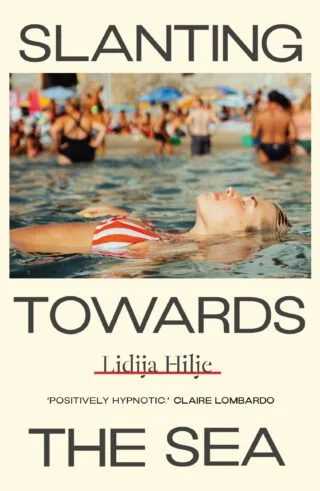Taking Note #1: Musings on Fish
‘I’m intrigued by this idea of the way people accept and learn to live with things, because it’s such a realistic depiction of human behaviour.’
Welcome to our new monthly newsletter, Taking Note, where we slow down and think critically about the conversations and editorial pieces from our most recent issue of nb. Magazine. In our Winter Issue, Generational Literature, we noted that poignant environmentally-centred answers cropped up in interviews where we perhaps didn’t expect them to…
In light of this, and our interview with Joanne Stubbs, author of the fiercely environmental debut The Fish, editorial assistant Ruby is taking note of environmental narratives in Taking Note #1.
Joanne Stubbs’ haunting tale of uncanny environmental chaos, The Fish, may remind you of Julia Armstrong’s Our Wives Under the Sea. The ocean as a dark and mystical entity, with quasi-supernatural qualities, is both haunting and intriguing.
From the novel’s onset, a climate-change-induced new normal already exists - Cathy and her partner Ephie’s back garden has been turned into a rice paddy, New Zealand is plagued by biblical-like storms, Kuala Lumpur is now a coastal city. But the disturbance becomes unignorable when sea creatures begin to encroach upon the shores and land, unable to cope with the polluted waters any longer. Starfish linger like snails on windows, fish begin to walk, and a blood-red mist begins to gather. As scientists scramble to find out what has happened, casualties occur, and the news erupts, Stubbs focuses on the individual emotional chaos: fractured lives, despair, anxiety and in some cases, determination and hope. By creating multiple narrative perspectives, a natural comparison is drawn between the different ways people cope with disaster. But above all, Stubbs looks at those ways we accept, continue, and go on with the every day in the wake of the unexpected.’
I asked Joanne, “Why fish? Why fish of all things?”
“The fish idea actually came from a song lyric by an amazing Australian singer-songwriter called Courtney Barnett. One day, I was driving to university listening to that song in the background and it includes this line about a seal that keeps washing up on the beach:
I see a dead seal on the beach
The old man says he's already saved it three times this week
Guess it just wants to die
I would wanna die too
With people putting oil into my airThat line of thinking about the seal’s air made me think about what they would do to our air if the sea creatures started leaving the sea, so that was how it ended up being fish – not because I'm particularly knowledgeable about fish…”.
Firstly, I love the idea of a song lyric inspiring a novel, it’s a greatly romantic image of a writer evoking the creative process. But more importantly, the notion of flipping environmental destruction on its head is unique and clever, a witty way to comment on crisis, and equally, a way to draw an allegory of immigration. At least that’s how I read it.
I’m intrigued by this idea of the way people accept and learn to live with things, because it’s such a realistic depiction of human behaviour. Joanne mentions the film Don’t Look Up in reference to the way we ignore Climate Change. But in a more fatalistic and grotesque way, I think we sometimes choose to accept death. I recently watched The Menu - where an upper-class group of socialites travel to a remote, esteemed restaurant, only to meet their end - and was struck by the way humans often don’t fight for their lives when in danger, but accept what is coming for them.
In light of climate change, this concept is more potent and real than ever.
Our Editor Madeleine spoke to Sara Baume about her new novel Seven Steeples, in which a couple retreats to a life amongst nature, with feelings unspoken, and language at its core. A more gentle depiction of nature and change, it is interesting to explore Seven Steeples against The Fish.
Madeleine: This might be an impossible question to answer, but if reading the book could instill a certain idea or thought or inspiration in your readers, what would you want that to be? What would you want the takeaway to be?
Well you know, very few people have connected it to climate change, I mean some have, but to me, it's very much about that, as is my last novel as well; it’s sort of about nature slowly dying. I don't know, there's not much I can do as a writer, I'm not trying to be an activist in the stuff that I write, but I'm looking at the natural world all the time and trying to remind myself of how precious it is, it's still there, and these cycles are still going on. Because I think in 10/20 years they won't be, things will be very different, even in the moment since I finished the book, it's very much affected the coast of Scotland, there's been a bird flu epidemic and it's killed a lot of gannets in particular because they live together in these big colonies. And I mean, I'm walking on the beach now and seeing dead gannets washed up and that really feels like it's serious, it's happening, and all of that is in my novels, it's just not stamped on the cover I guess. So I'd love for readers to take away some kind of a very small climate message.
I can feel that and it links a lot with what your book explores about this kind of gradual sense of desperation which kind of mimics the earth; it might be gradual, but we're feeling the desperation reaching more and more people every day.
The notion Baume raises of the cyclicality of nature is soothing, grounding our day-to-day existence. Yet, it somehow seems at odds with human behaviour, our desire for consistency, the ways we ignore change and don’t look up.
Nature itself is both consistent and inconsistent. It changes in its own constant way. We can hope it will always go on when we no longer do; constantly evolving and changing.
In Brother.Do.You.Love.Me, brothers Mannie and Reuben relocate to the countryside during lockdown, in hope of respite and reconnection, both with themselves and with each other. Covid was an important moment in our reconnection with nature; stuck inside, we learned to appreciate and be thankful for the outdoors in those moments spent outside.
Editorial Picks







